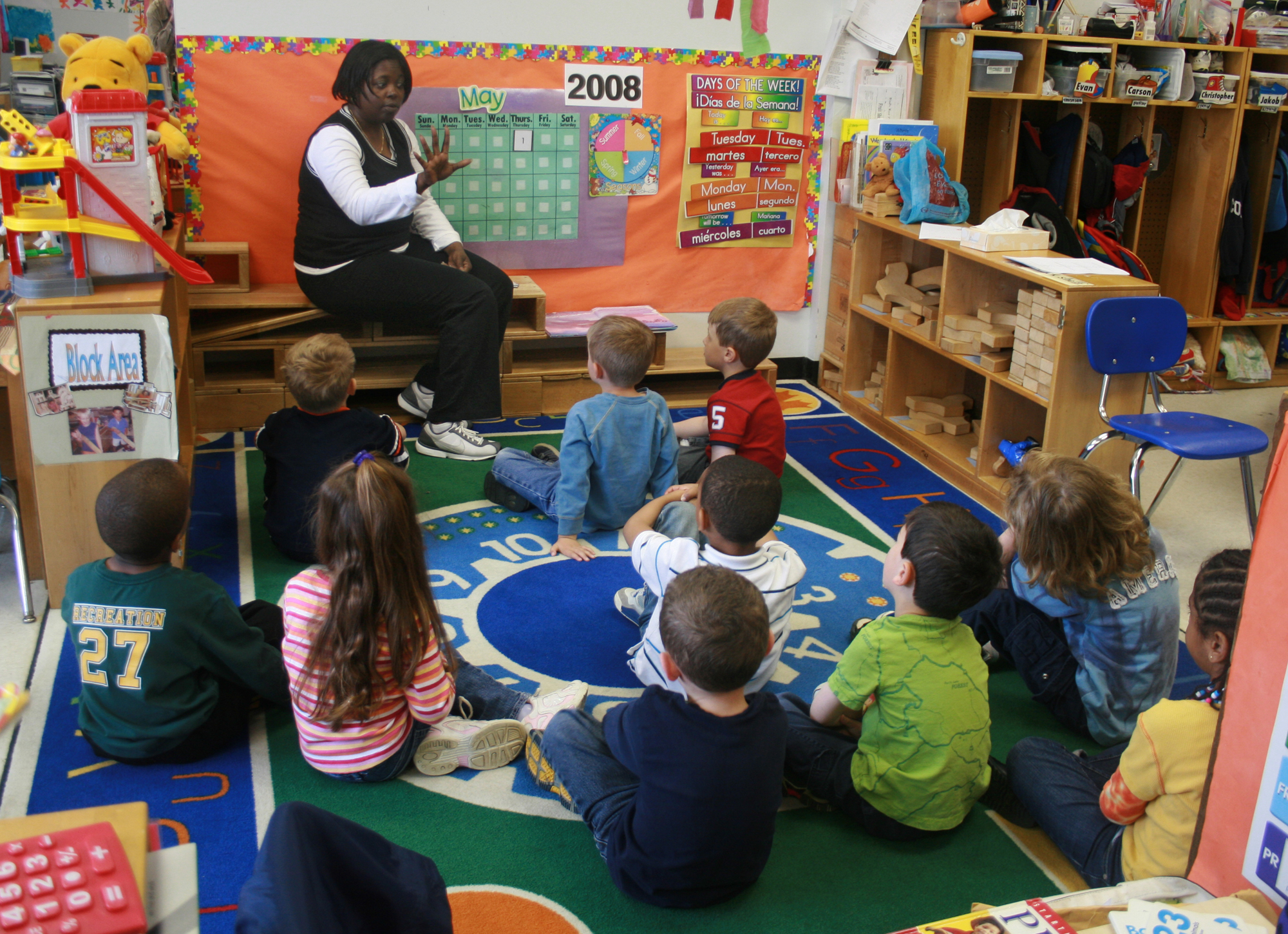The Function of Parents and Teachers in the Initiative to Save Temecula Schools
The Function of Parents and Teachers in the Initiative to Save Temecula Schools
Blog Article
Important Criteria to Consider When Evaluating Prospective Schools for Registration
When thinking about schools for registration, assessing crucial requirements ends up being paramount to making certain a favorable knowing setting. Trick variables such as the positioning of academic programs with students' goals, the qualifications of professor, and the impact of course sizes on individualized interest are critical. Furthermore, the existence of durable resources and centers, alongside a diverse array of after-school activities, can significantly boost educational experiences. In addition, the institution's culture need to advertise respect and inclusivity to foster a helpful neighborhood. Each of these aspects plays a crucial duty, however just how do they adjoin to form the excellent instructional setup?
Academic Programs
When evaluating potential institutions for registration, taking into consideration the breadth and depth of their academic programs is critical. Top notch academic programs not only determine the instructional value a trainee will certainly obtain but likewise influence future possibilities and profession paths. Possible trainees and their families need to inspect the educational program to ensure it aligns with the pupil's scholastic interests and profession goals.
Certification is an important aspect, as it represents that the organization fulfills well-known requirements of quality. Furthermore, the diversity naturally offerings, consisting of advanced positioning (AP) or Worldwide Baccalaureate (IB) programs, can considerably improve a trainee's learning experience. Institutions with robust academic tracks in STEM, liberal arts, and the arts show a commitment to comprehensive education and learning.
Professors qualifications and student-to-teacher ratios are also vital indications of scholastic excellence (Save Temecula Schools). Very credentialed teachers and smaller sized course dimensions typically result in even more customized focus and a better instructional experience. Moreover, the schedule of academic sources such as collections, labs, and modern technology centers can even more enhance the learning environment.
Reviewing these aspects makes sure that the picked school offers a extensive and helpful scholastic structure, necessary for cultivating intellectual development and preparing trainees for future success.
After-school Activities
Past the scholastic world, after-school activities play a considerable function in shaping a well-shaped academic experience. These tasks supply students with possibilities to develop abilities that prolong beyond the class, such as time, synergy, and management administration. When assessing possible institutions for registration, it is crucial to consider the variety and quality of extracurricular programs offered.
A varied range of activities, including sports, arts, music, discussion clubs, and community service efforts, can satisfy different interests and abilities. Institutions that sustain a broad spectrum of extracurriculars show a dedication to cultivating holistic growth. Involvement in these activities can improve university applications and returns to, showcasing a trainee's ability to balance multiple obligations.
It is additionally vital to assess the sources and centers readily available for these activities. Top notch centers and skilled trainers can dramatically impact the efficiency and pleasure of the programs. In addition, consider the degree of student interaction and the institution's support of participation. Schools that proactively promote extracurricular involvement often develop a lively, comprehensive community.
Class Sizes
When reviewing prospective institutions for registration is class dimension,One of the essential variables to consider. Class size dramatically influences the quality of education and learning that a pupil receives. Smaller sized class dimensions commonly permit for more individualized focus from teachers, which can lead to improved scholastic outcomes. Educators are better able to determine and resolve the one-of-a-kind needs of each trainee, cultivating a more tailored discovering experience. In addition, in smaller sized courses, students are much more likely to join conversations and engage with the product, improving their overall understanding and critical thinking skills.
Moreover, smaller class sizes can add to a more cohesive classroom atmosphere. With fewer students, there is a greater chance for constructing solid connections between peers and teachers, which can enhance the discovering atmosphere and promote a my sources sense of neighborhood. This likewise enables even more efficient classroom administration, as instructors can commit even more time to maintaining a efficient and positive atmosphere.

College Culture
Comprehending the value of school society is necessary when examining potential institutions for registration. Assessing an institution's society involves observing interactions among students, instructors, and staff, as well as understanding the school's mission, worths, and expectations.
Possible parents and pupils need to seek schools that prioritize respect, partnership, and a favorable ethos. Look for indications such as solid student-teacher relationships, active participation in institution activities, and a feeling of neighborhood. A healthy school society often promotes variety and inclusion, making sure that pupils from different backgrounds feel welcomed and valued.
Furthermore, a favorable institution society motivates open interaction and offers trainees with a risk-free setting to share themselves. It additionally supports scholastic rigor while stabilizing extracurricular activities that add to all natural advancement. When going to a school, engage with current trainees and team to gauge their complete satisfaction and sense of belonging. Ultimately, the appropriate school society will line up with a household's worths and contribute dramatically to the general educational experience.
Facilities and Resources
When evaluating potential colleges for enrollment, the high quality and availability of facilities and resources play a crucial role in forming the instructional experience. An institution equipped with modern-day services can significantly boost finding out outcomes.
Collections are an additional foundation of academic quality (Save Temecula Schools). A well-stocked collection with a diverse array of publications, journals, and electronic resources can sustain students' study demands and promote a society of reading and query.
Modern technology is indispensable in today's educational find out here now landscape. Schools need to supply reliable net access, computer system laboratories, and smart classrooms to help with digital discovering. Additionally, specialized sources such as art workshops, music spaces, and cinema areas can nurture innovative talents.
Ultimately, the breadth and quality of an institution's sources and facilities can significantly influence a pupil's overall development. Therefore, parents need to thoroughly analyze these elements to ensure a well-rounded and enriching instructional experience.
Conclusion
In summary, examining possible institutions for enrollment necessitates a thorough evaluation of several important variables. In addition, a college society that emphasizes respect and inclusivity is crucial to creating a supportive and More Bonuses efficient knowing atmosphere.

A healthy and balanced school society usually promotes variety and addition, guaranteeing that trainees from different histories really feel welcomed and valued.
In addition, a positive college culture urges open communication and offers students with a safe atmosphere to share themselves.
Report this page